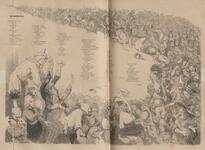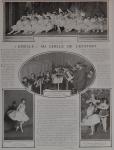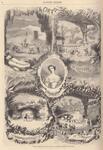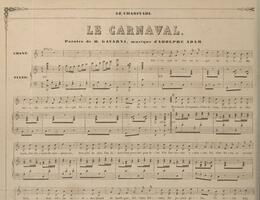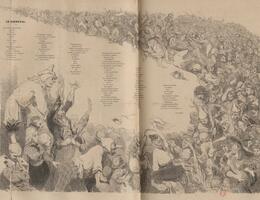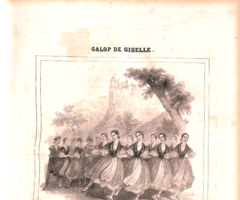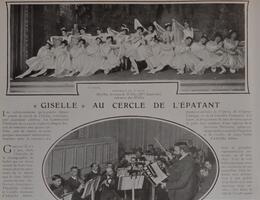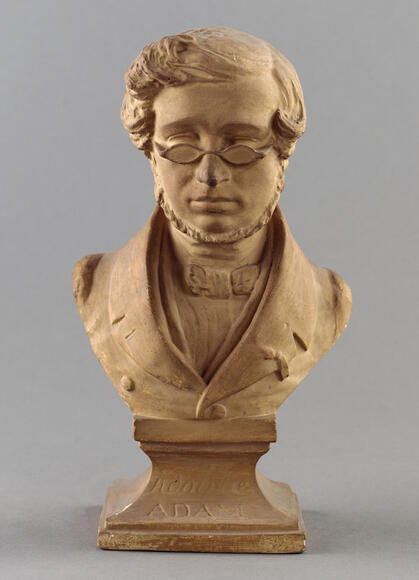
Adolphe ADAM
1803 - 1856
Composer, Pianist
Son of composer Jean-Louis Adam (professor of piano at the Paris Conservatoire from 1797 to 1842), Adolphe Adam showed considerable talent for music but had little inclination for academic subjects. During the time he spent at the Conservatoire (studying organ with Benoist, counterpoint and fugue with Eler then Reicha and composition with Boieldieu), however, he was not awarded any prizes. Only his attempts at winning the Prix de Rome earned him an honourable mention (1824) and a second prix (1825). Adam found his niche on the fringes of the more distinguished circles, where he was probably overshadowed by his father. In 1824, he began producing one- or two-act operas comiques: for the Théâtre du Gymnase-Dramatique first, then for the Théâtre des Nouveautés (1827) and the Opéra-Comique (1829). Some of the twenty or so works he wrote for the latter were huge successes: Le Chalet (1834), Le Postillon de Longjumeau (1836), Le Brasseur de Preston (1838) and Giralda (1850). With his seemingly frivolous style, Adolphe Adam became the favourite composer of the Paris bourgeoisie and, a slave to his success, kept up an almost frenetic rate of production, sometimes to the detriment of quality. His fame also took him to the stage of the Paris Opéra, where his three operas met with less enthusiasm than his ballets (including Giselle, premiered in 1841), and to all the major European cities. Close to the Orleanist government, he received various prestigious honours under the July Monarchy, including a chair in composition at the Paris Conservatoire (1848).

